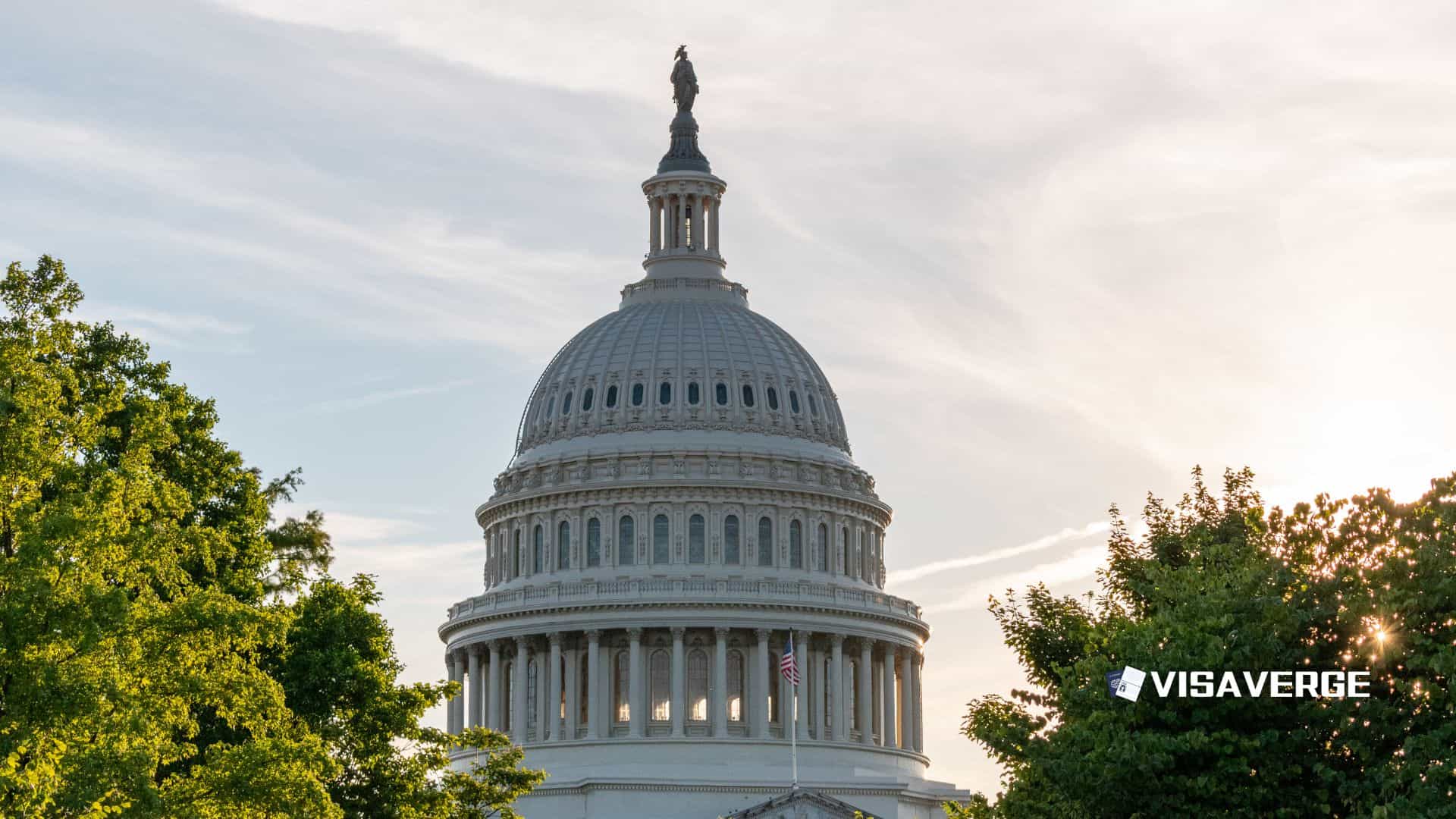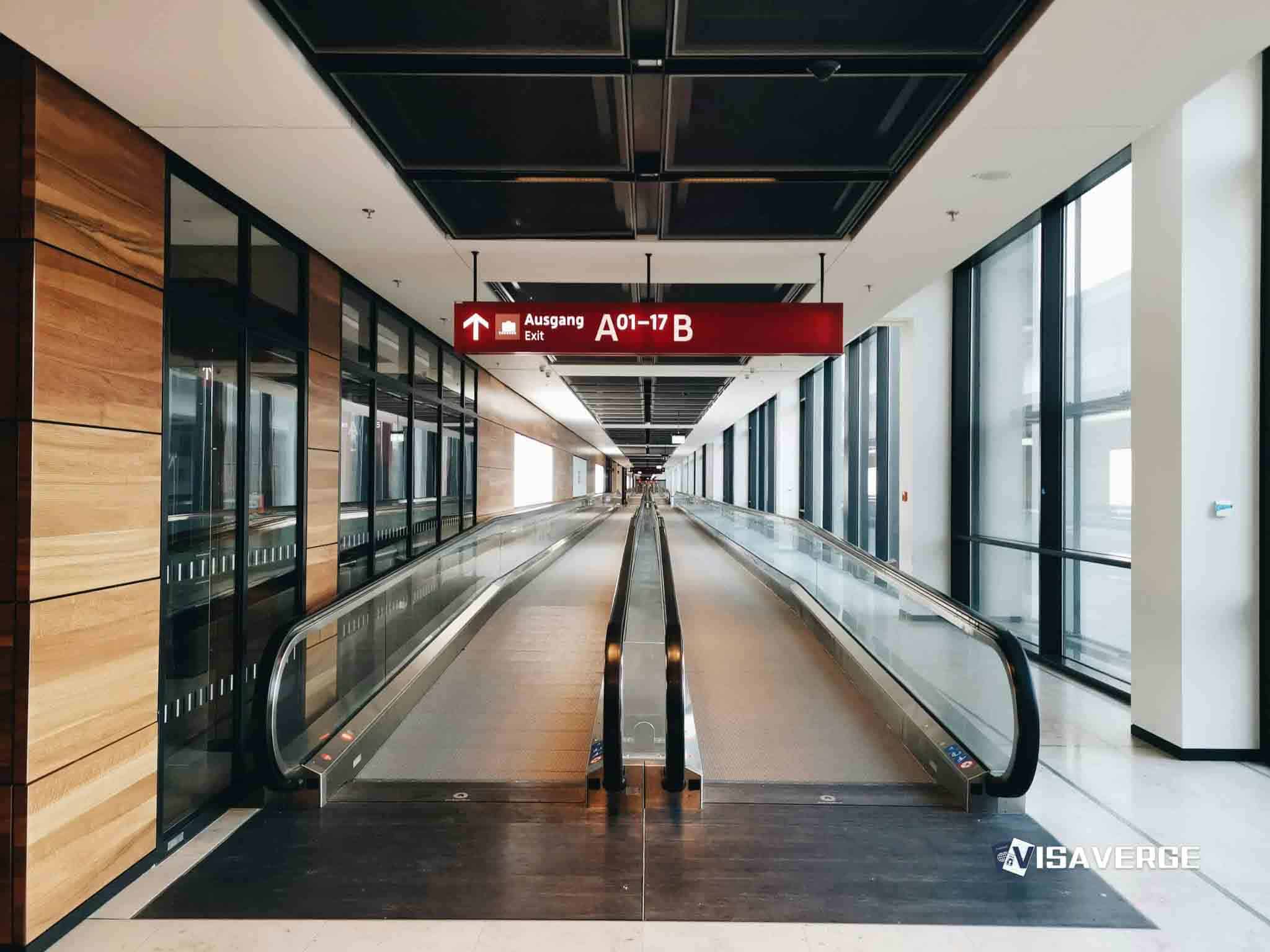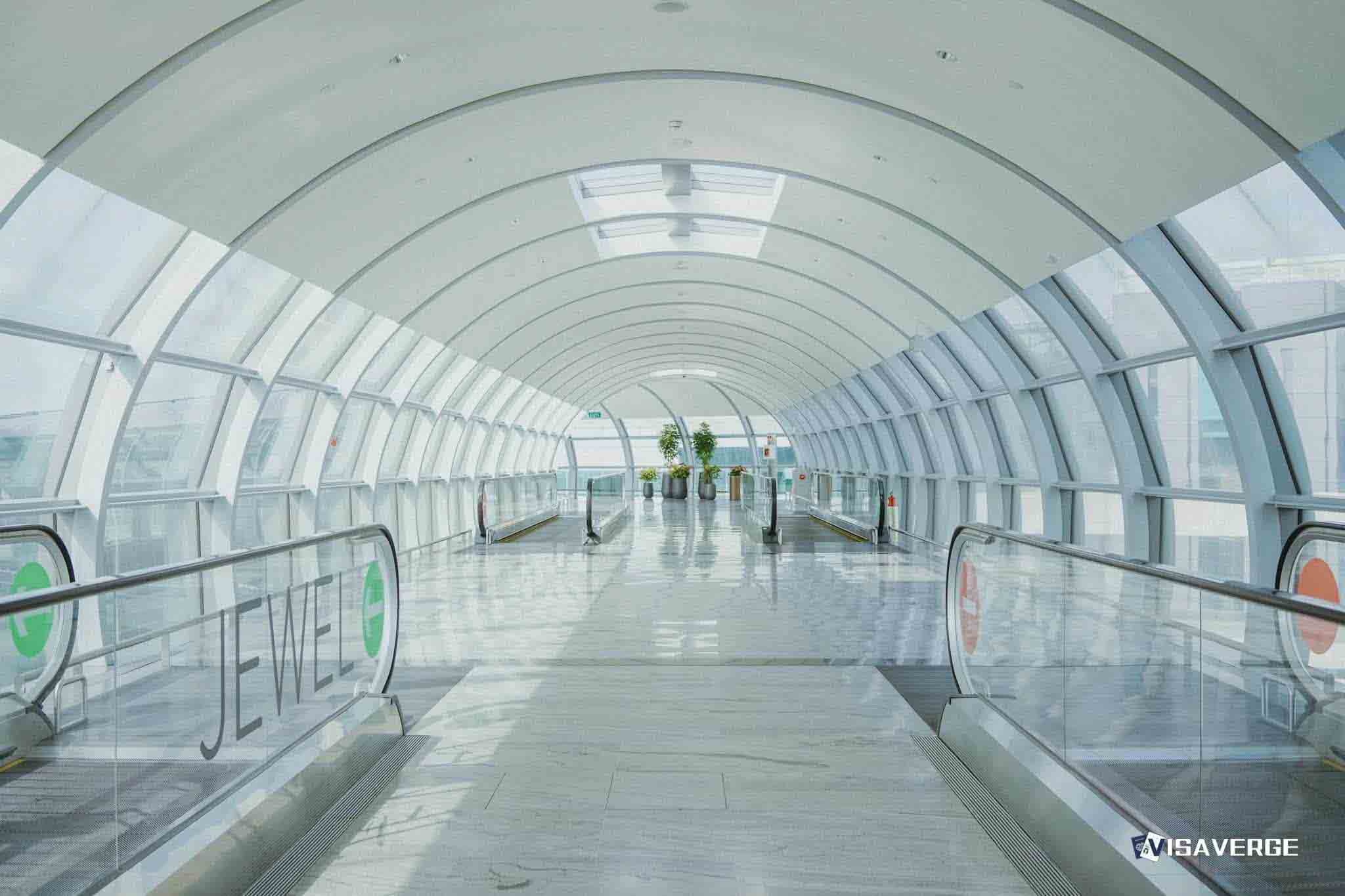Texas Baptist leaders are locked in a heated debate over the effects of President Trump’s immigration policies, with tensions rising after new enforcement actions and policy changes in 2025. These changes have forced churches and faith groups across Texas to reconsider how they serve immigrants and refugees, raising tough questions about law, faith, and compassion.
Sharp Divisions Among Texas Baptist Leaders

Over the past several months, Texas Baptist leaders have found themselves at the center of a growing argument about Trump’s immigration policies. The debate has become especially intense after a series of high-profile enforcement actions in Texas and new policy directives announced in early 2025. Many church leaders now face difficult choices about how to support undocumented immigrants while following the law.
Faith-based publications and advocacy groups reported on August 5, 2025, that recent changes in immigration enforcement have dramatically changed the way Christian ministries operate. Many churches now face legal and ethical challenges as they try to help undocumented immigrants. Some leaders worry that helping these individuals could put their churches at risk of legal trouble, while others believe their faith calls them to act, no matter the cost.
Impact on Ethnic Baptist Congregations
Attendance at more than 10,000 ethnic Baptist congregations in Texas and across the United States 🇺🇸 is dropping. Many church members say they feel unwelcome or afraid because of the current atmosphere, which they believe is made worse by the administration’s actions. This decline in attendance is hurting church finances, limiting ministry work, and reducing the ability of churches to reach out to their communities.
Recent Policy Changes and Enforcement Actions
The Trump administration has made several big changes to immigration policy since returning to office in 2025. These include:
- Expanding immigration enforcement: The administration has removed protections for certain groups of immigrants and increased workplace raids. Immigration officers can now enter sensitive places like churches and schools, which was not allowed before.
- Cutting refugee admissions: The U.S. Refugee Admissions Program has been suspended or greatly reduced. This move has drawn strong criticism from faith-based groups that have long helped resettle refugees.
- New data on ICE detentions: Department of Homeland Security data from July 2025 shows that less than 10% of immigrants detained by ICE this year had criminal convictions. This challenges the administration’s claim that enforcement is focused on dangerous criminals.
Key Voices in the Debate
Several important leaders and organizations have spoken out about these changes:
- Brent Leatherwood, president of the Southern Baptist Convention’s Ethics and Religious Liberty Commission (ERLC), says he feels for immigrants but supports the administration’s efforts to fix what he calls a broken system. He also wants clearer rules to help legal immigrants and allow churches to serve people without fear.
- Josh Howerton, pastor of Lakepointe Church in Dallas, defends Trump’s immigration policies as being in line with the Bible. He argues that enforcing the law is not about targeting immigrants but about keeping order. He points to Romans 13:1-5 to support his view and says that calls to “love the immigrant” are being misunderstood.
- Ethnic Baptist leaders and groups like the National Latino Evangelical Coalition strongly oppose the administration’s tactics. They argue that these policies put hard-working immigrants in danger, break up families, and harm the country’s moral values.
- World Relief and other Christian humanitarian groups want the refugee resettlement program restored. They say there is a moral and biblical duty to protect those who are persecuted and vulnerable.
Practical Effects on Churches and Communities
Many Texas Baptist churches now face tough choices. With ICE resuming enforcement actions at churches, schools, and hospitals, church leaders must weigh the risks of providing sanctuary or support to undocumented immigrants. Some churches have stopped certain outreach programs, while others have created new plans to respond if ICE agents arrive during worship or ministry events.
The drop in attendance at ethnic congregations is causing real problems. With fewer people in the pews, churches have less money to support their ministries. This makes it harder to help those in need, especially immigrants and refugees who often rely on church support.
Faith-based refugee resettlement programs have also been cut back. Churches that once helped persecuted Christians and other vulnerable groups now find it much harder to do so because of new federal restrictions and lower quotas.
The expansion of enforcement has created a climate of fear among immigrant families. Reports show more family separations and a growing reluctance to seek help from churches or social services. Many immigrants worry that even going to church could put them at risk of being detained or deported.
What Churches Are Doing Now
To deal with these new risks, many churches have taken several steps:
- Assessing legal risks: Churches that want to help undocumented immigrants are now working closely with immigration lawyers. They are developing clear plans for what to do if ICE agents show up during services or ministry activities.
- Changing outreach: Some churches have changed how they offer support, focusing on less visible forms of help or working with trusted partners to avoid drawing attention.
- Refugee resettlement: Faith-based groups that want to help refugees must now deal with new federal rules, including lower quotas and stricter background checks.
- Legal advice for immigrants: Immigrants facing deportation are urged to seek legal help right away. The administration has expanded fast-track removal processes, and there are fewer chances to appeal.
For more information on legal rights and resources, the American Immigration Lawyers Association provides guidance at aila.org.
Different Views Among Baptist Leaders
The debate among Texas Baptist leaders is not just about policy—it’s also about faith. Many Baptist and evangelical leaders argue that Trump’s immigration policies go against biblical teachings about welcoming strangers and caring for those in need. They warn that the church’s mission and reputation are at risk if it is seen as turning its back on immigrants.
Others, like Pastor Howerton, believe that following the law is itself a biblical command. They say the government’s main job is to protect its citizens and keep order, and that churches should not encourage people to break the law.
A recent poll from 2025 highlights this divide. While 70% of evangelical leaders say the United States 🇺🇸 has a moral duty to accept refugees, most white evangelical churchgoers support Trump’s stricter policies. In fact, 62% agree with the statement that illegal immigration is “poisoning the blood of our country.”
Historical Background
The Southern Baptist Convention and Texas Baptists have a long history of helping immigrants and refugees. For decades, they have run programs to welcome newcomers and help them settle in the United States 🇺🇸. However, divisions over immigration policy have grown deeper since Trump returned to office in 2025. The current debate is even more heated than during his first term, as enforcement has become stricter and previous protections have been rolled back.
Looking Ahead: What’s Next for Texas Baptists and Immigration?
Advocacy groups are pushing for new laws to restore refugee admissions and protect places like churches and schools from immigration enforcement. However, with the current political climate, it is unclear if these efforts will succeed.
Texas Baptist leaders are expected to keep debating these issues at upcoming meetings. Some want the church to pass resolutions supporting compassion and legal reform. Others argue for a stronger focus on law and order. The outcome of these debates could shape the future of Baptist ministry and the wider evangelical response to immigration in Texas and across the country.
Possible Solutions and Practical Steps
While the debate continues, some churches and organizations are looking for ways to help immigrants and refugees within the limits of the law. Here are some practical steps being taken:
- Legal education: Churches are hosting workshops to teach immigrants about their rights and how to respond if approached by ICE.
- Partnerships: Faith groups are working with legal aid organizations and community groups to provide safe support.
- Advocacy: Some leaders are speaking out for policy changes, urging lawmakers to restore refugee programs and protect sensitive locations.
- Careful planning: Churches are creating clear protocols for staff and volunteers to follow during enforcement actions, reducing confusion and risk.
For official information on immigration policies and enforcement, readers can visit the U.S. Citizenship and Immigration Services (USCIS) website.
Key Resources for Churches and Immigrants
- Southern Baptist Convention Ethics and Religious Liberty Commission: https://erlc.com
- World Relief: https://worldrelief.org
- National Latino Evangelical Coalition: https://nalec.org
- Texas Baptists (Baptist General Convention of Texas): https://txb.org
- American Immigration Lawyers Association (AILA): https://aila.org
Analysis from VisaVerge.com suggests that the ongoing debate among Texas Baptist leaders reflects broader national divisions over immigration. The site notes that while some leaders focus on biblical commands to welcome strangers, others stress the importance of law and order. This split is likely to continue shaping church policy and public opinion for years to come.
Implications for Immigrants, Churches, and Communities
The current situation has several important effects:
- For immigrants: Increased enforcement and fewer protections mean more fear, uncertainty, and risk of family separation. Many are less likely to seek help from churches or social services.
- For churches: Legal risks and declining attendance are making it harder to serve communities. Churches must balance their mission to help those in need with the need to follow the law.
- For communities: Reduced support for immigrants and refugees can weaken community ties and limit the ability of faith groups to respond to local needs.
Summary and Next Steps
Texas Baptist leaders remain sharply divided over Trump’s immigration policies. The debate centers on how to balance biblical teachings, legal risks, and the real-life needs of immigrants and refugees. Recent policy changes have made enforcement stricter, reduced refugee admissions, and increased challenges for churches and immigrant families.
As the debate continues, churches and faith-based organizations are looking for ways to serve their communities while staying within the law. The outcome of these discussions will have a lasting impact on Baptist ministry and the broader evangelical approach to immigration in Texas and across the United States 🇺🇸.
For those affected, seeking legal advice, staying informed about policy changes, and connecting with trusted organizations remain the best steps forward. Churches and leaders will need to keep working together to find solutions that reflect both their faith and their commitment to justice and compassion.
This Article in a Nutshell








